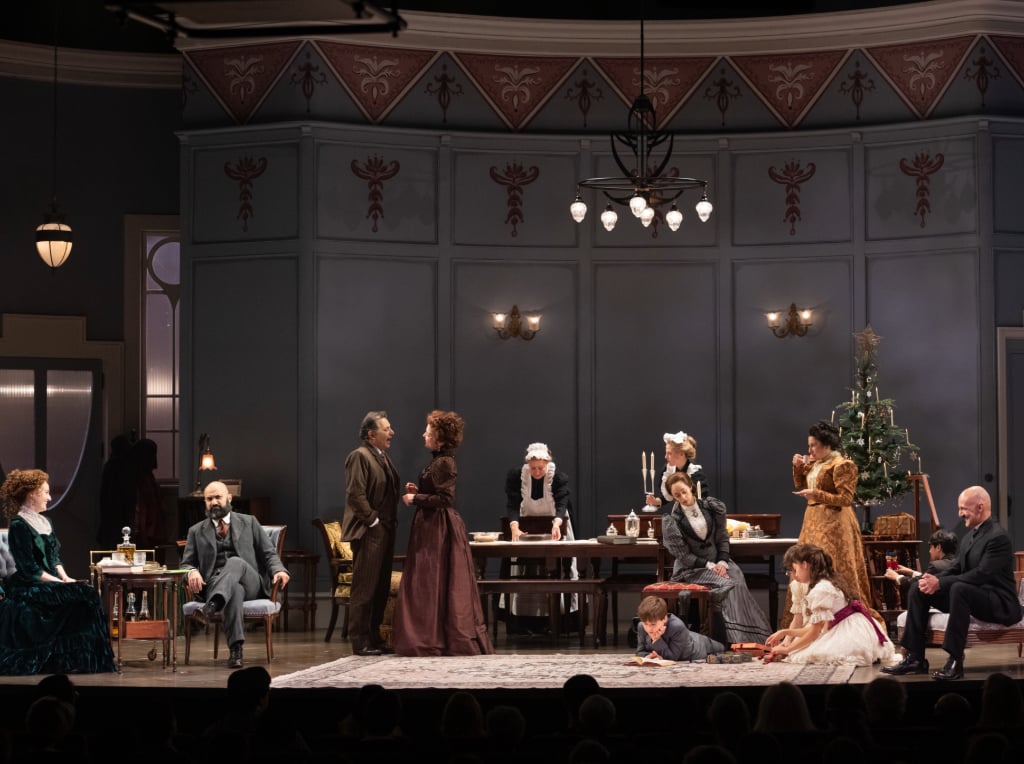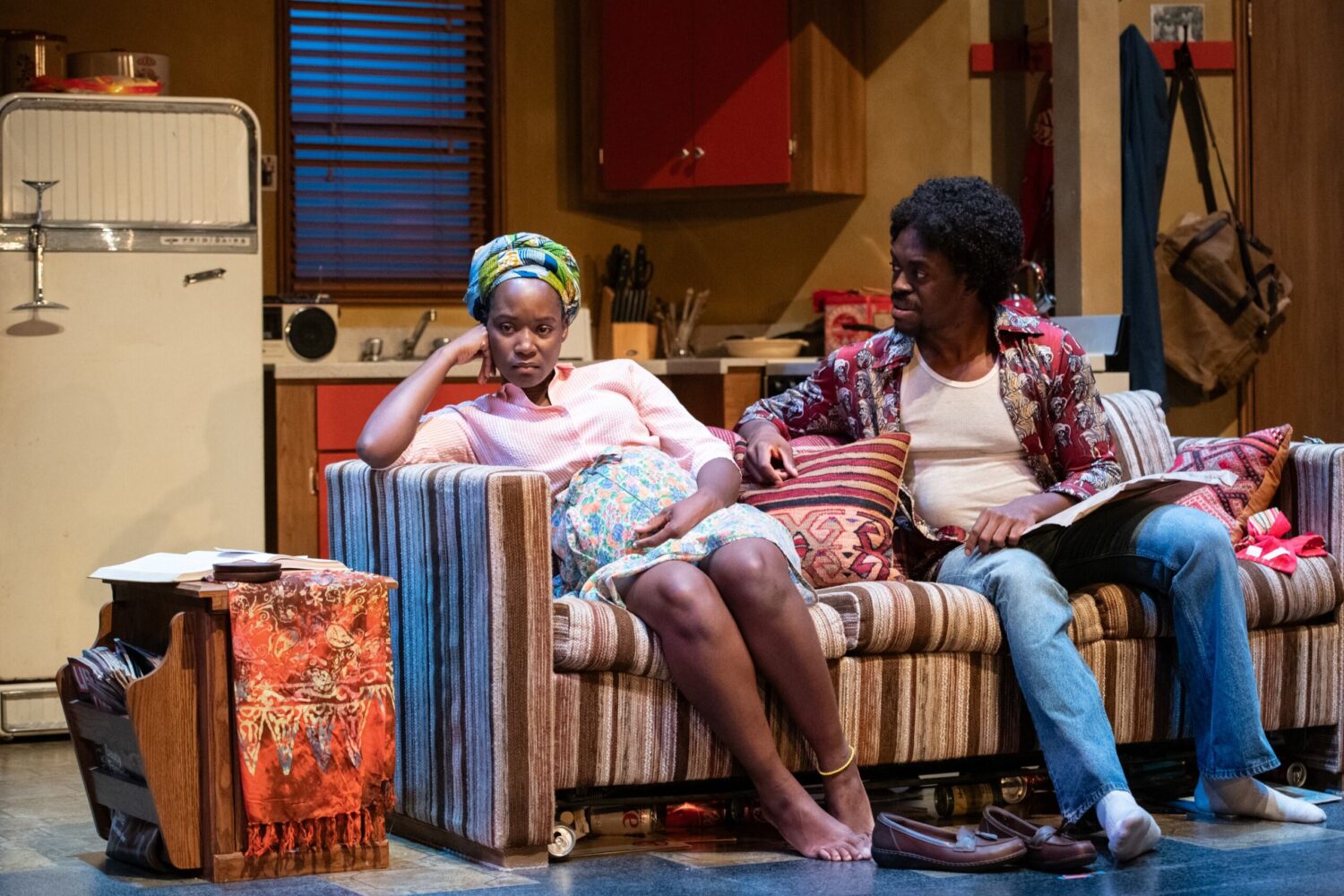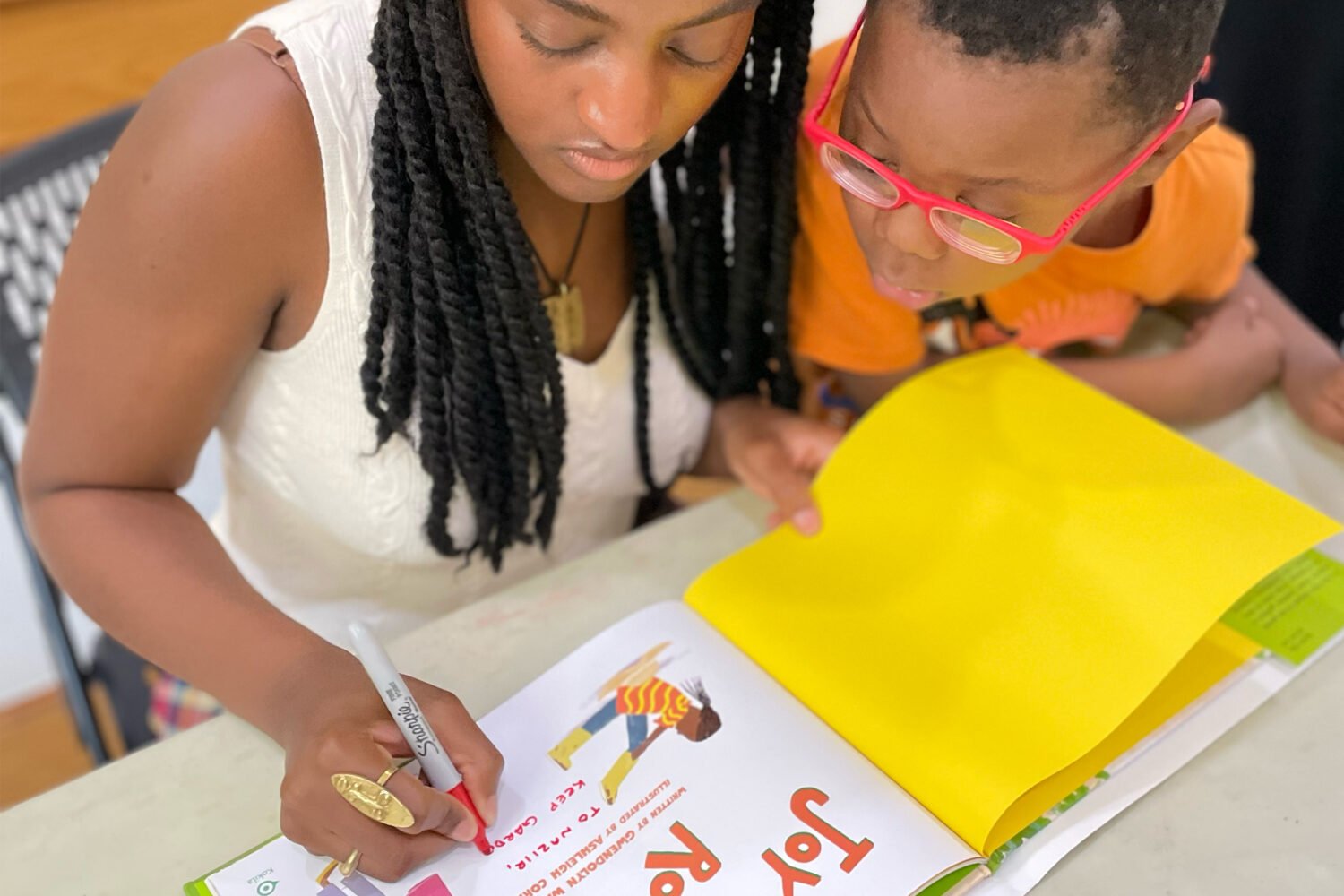Lisa D’Amour’s
Detroit, a Pulitzer finalist in 2011, comes to Woolly Mammoth September 9 through October
6, following a hit off-Broadway run. The play features two couples in an unspecified
US city: white-collar professionals Mary and Ben—who has been laid off—and the more
footloose Sharon and Kenny. Ultimately, the four collide in ways that shake their
foundations. Here’s a conversation with D’Amour.
How did the idea for
Detroit
come about?
I wrote it in the summer of 2009, and a couple things came together. I’ve always had
an obsession with two kinds of people, in this case two kinds of couples, who are
drawn together at a certain point in their lives—part fate, part intuition. And underlying
it was the fact that I was writing it during the economic crisis when a lot of people
I knew were unemployed, as well as in the aftermath of Hurricane Katrina. I was raised
in New Orleans, and I had many family members who had to redo their homes after the
storm, so these ideas of destruction and rebirth were very much on my mind.
How did those ideas of reinvention and resilience feed into the play?
I think of Mary and Ben as people who’ve gone down a certain track without really
questioning it—that middle-class path where you go to college, then get a steady job,
then get married and have kids. It’s not necessarily a bad track to go down, but it’s
almost like a pre-written script. They’re in denial about the fact that the life they’ve
chosen isn’t a good fit, but they haven’t had time to imagine something different,
so they’re escaping through different ways, whether it’s via the internet or via alcohol.
They’re at a point where things could still be reinvented but someone needs to shake
them into it, and this odd, not entirely functional relationship with Sharon and Kenny
gives them the opportunity to rethink things.
What elements of contemporary culture did you want to explore?
One was how, when times are difficult, there’s a tendency to hunker down and not take
risks, but there’s also the peculiar thing that can happen when suddenly you don’t
have anything and you’re forced to imagine something new. That’s the horizon I see
Mary and Ben on at the end of the play. I don’t really know what happens to them,
but I’m very curious about the potential. I’m also curious about the way we sometimes
rely on possessions to make us feel fulfilled.
What’s it like the first time you see one of your plays in performance?
It’s shocking and terrifying and surreal, especially the first few days when you realize,
oh, right, actors are going to be saying these lines, and they’re going to have a
lot of questions about them. There’s a moment of being rattled and having to make
sure the house you’ve built is sound. With this play, because it’s had multiple productions
close to one another, I’ve learned from each one and been able to make changes, so
it’s become more solid with each production.
The play isn’t set in Detroit. Why the title?
To me it’s about a particular anxiety the name of that city evokes. Detroit is a symbol
to so many people of the American dream drying up. While working on the play, I started
hearing about radical grassroots movements in Detroit trying to bring the city back.
There’s something bubbling up there—where the structures aren’t working and the people
are taking over—that’s interesting. It’s a weird title, but if you look at the play
and how at times it feels like a surreal fable, it makes sense.
Detroit
is at Woolly Mammoth September 9 through October 6. Tickets ($35 to $67.50) are available
via Woolly Mammoth’s website.
An abbreviated version of this interview ran in the September 2013 issue of Washingtonian.
















